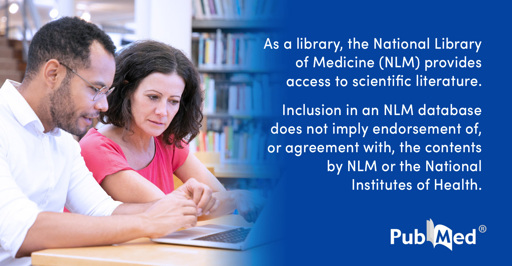- cross-posted to:
- ketogenic@dubvee.org
- ketogenic@dubvee.org
- cross-posted to:
- ketogenic@dubvee.org
- ketogenic@dubvee.org
Eur J Appl Physiol. 2025 Jul 31. doi: 10.1007/s00421-025-05921-z. Online ahead of print.
ABSTRACT
BACKGROUND: Prior studies have shown that ingestion of exogenous ketone esters (KE) significantly increases cerebral blood flow and skeletal muscle oxygenation in humans. This pilot study tested the hypothesis that KE may also lower exercise pressor responses and improve cardiovagal baroreflex sensitivity (cBRS) in individuals with metabolic syndrome (MetS).
METHODS: Twenty individuals (ten with MetS and ten matched controls) completed a three visit, single-blind, placebo-controlled, matched-pairs pilot study involving a cardiometabolic prescreening and two randomized experimental trials. In the experimental trials, cardiovagal baroreflex sensitivity (cBRS), heart rate variability (HRV), and exercise pressor responses to 2 min of isometric handgrip exercise (HG) were evaluated at baseline, and during a 105-min period following ingestion of a commercially available KE or a taste- and volume-matched placebo.
RESULTS: Main effects of condition and group by time interactions were observed for BP responses to HG (all p ≤ 0.050). The main effect of condition was explained by lower blood pressure values during HG in the KE trial compared to the placebo trial. The cBRS of all sequences (cBRSall) and all up-ramping sequences (cBRSup) were also attenuated in the KE condition compared to placebo (time by condition interaction: F ≥ 2.42, p ≤ 0.007), independent of group, and the normalized low- to high-frequency (LF/HF) HRV ratio decreased in both conditions (F = 0.176, p ≤ 0.031), but remained higher in the KE condition independent of group (p = 0.023).
CONCLUSIONS: This study provides preliminary evidence that acute exogenous ketosis may reduce blood pressure responses to acute exercise and attenuate spontaneous baroreflex gain in individuals with MetS (NCT05651243).
PMID:40745496 | DOI:10.1007/s00421-025-05921-z
From ketogenic via this RSS feed


